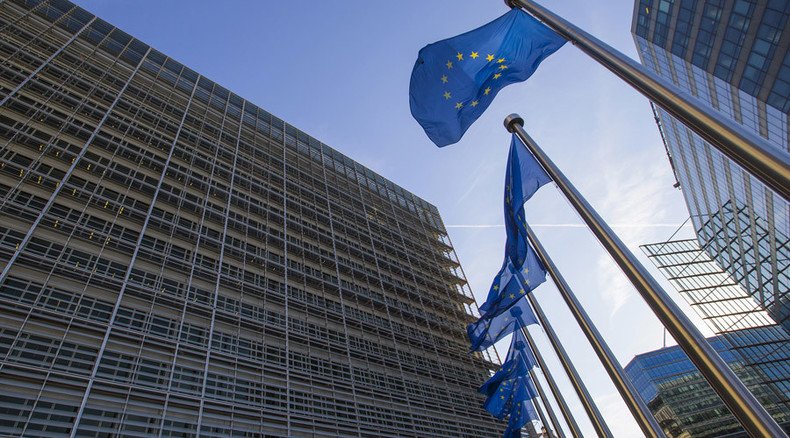Outrage as Brussels demands extra €519m from UK taxpayers

Britain has no control over how the European Union (EU) spends UK taxpayers’ money at a time when Brussels is asking domestic governments to engage in austerity at home, a leading policy analyst has warned.
Business for Britain campaign director Robert Oxley sharply criticized the EU on Wednesday after it emerged Britons face an additional EU bill of £384 million (€519 million) in 2016.
National ministers across Europe had agreed upon a €142.1 billion EU budget for 2016 in July, slashing the European Commission’s (EC) proposal by €1.4 billion.
However, the European Parliament’s (EP) budget committee has hit back, moving to increase spending by €3 billion.
Annual #EUBudget ritual: EC asks for more money, MEPs for even more, MEPs overruled but still an increase http://t.co/INjezBuBJT#eureform
— Pieter Cleppe (@pietercleppe) September 30, 2015The EP’s reversal of the cuts defies the demands of domestic governments, and is expected to become policy next month. It will likely anger Prime Minister David Cameron and Euroskeptics.
The €3-billion increase would ramp up Britain’s EU bill for 2016 to more than £12.5 billion (€17 billion) and risks derailing the PM’s agenda of limiting Brussels’ spending.
Cameron has sought to put a cap on the UK’s EU contributions prior to a referendum on Britain’s EU membership planned for 2017. Critics warn the spending row could eclipse Cameron’s negotiations aimed at reforming the EU prior to the vote.
The proposed €3-billion spending increase casts doubt over a deal the PM brokered to cap EU budgets in the long term. Secured in 2013, the agreement was hailed as “historic” at the time.
Unlikely but not impossible that Cameron could still put himself on Out side in EU referendum suggests @jameskirkuphttp://t.co/RzbS12fjyo
— Pawel Swidlicki (@pswidlicki) September 30, 2015In a move to increase the EU’s budget, MEPs invoked an “exceptional circumstances” clause so that an additional €1.2 billion could be gathered from national parliaments to tackle the global refugee crisis and €500 million could be gathered to assist dairy farmers hit by a drop in milk prices.
However, Euroskeptic critics note the same piece of legislation was used in 2014 and risks becoming a pattern that could unravel Britain’s spending cap for 2014-2020.
Policy analyst for Britain’s Open Europe think tank Pawel Swidlicki said the EU should channel its resources from “wasteful and inefficient” areas of spending towards more pressing concerns. Such a move, he argued, could replace the need for spending increases.
Included in the EU’s budget for 2016, is an extra €18,000 in allowances for MEP assistants. This pay increase would offer each of the EP’s 751 deputies a yearly staffing budget of €275,000.
This seven-percent budgetary increase translates as a €207 million (£149 million) bill for MEPs’ personal assistants at a time when the EU is pushing for cuts to welfare pensions in many economically struggling eurozone states.
EU finance ministers are set to debate the EP’s proposed spending increase in two weeks. However, they do not have the power to override MEPs.












